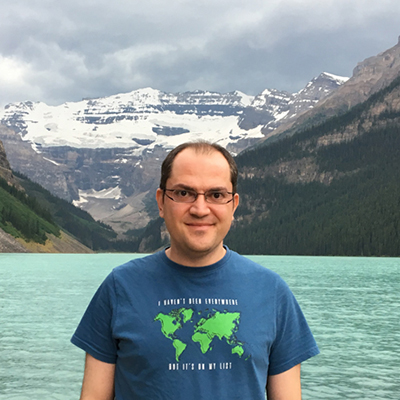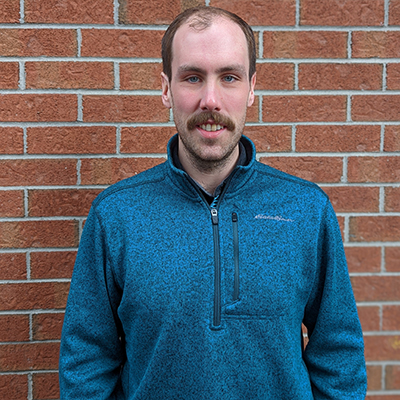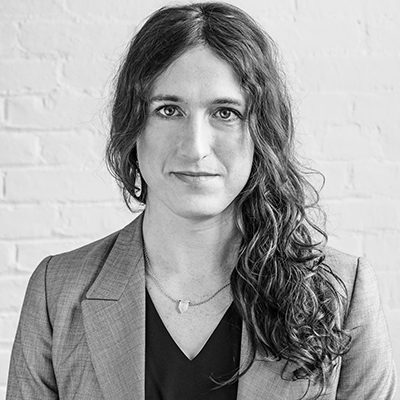Postdoctoral Fellows and Visiting Scholars

Dr. Murat Akcayir. PhD
Dr. Murat Akcayir earned both his Master's and Ph.D. degrees in Educational Technology. His research utilizes both quantitative and qualitative techniques, focusing on the intersection of education, emerging technologies, and the humanities. In 2018, he was a visiting researcher with the Faculty of Science and Technology at Athabasca University. While at the U of A, he contributed to a book project—a meta-analysis of gambling research—under the supervision of Dr. Fiona Nicoll. He also collaborated with Dr. Rob McMahon on the DigitalNWT project, which created and delivered open-access digital literacy curricula across the Northwest Territories (NWT). This initiative aimed to strengthen community-based digital literacy by training Northern community instructors to deliver courses in NWT communities through workshops. Currently, he is working on a new project called "Connecting Indigenous Families in the Northwest Territories" under the supervision of Dr. Rob McMahon."

Rob Currie-Wood, Grant Notley Memorial Postdoctoral Fellow
Doctor of Philosophy (Political Science, Carleton University)
Rob Currie-Wood is the Grant Notley Memorial Postdoctoral Fellow in the Department of Political Science. His research examines how institutions structure civic participation in democratic politics, specifically as it relates to Canadian governance, political parties, intraparty democracy, election campaigns, and representation. An emerging leading expert on these topics, Dr. Currie-Wood has published studies in the Canadian Journal of Political Science, Party Politics, Political Geography, and is the co-author of The Political Party in Canada (UBC, 2022). He is also the recipient of the Canadian Political Science Association’s Vincent Lemieux Prize for Best Doctoral Thesis defended at a Canadian University. During his appointment at the University of Alberta, Dr. Currie-Wood is investigating political parties ‘at convention’ and the internal dynamics of party policymaking processes.

sasha skaidra, Killam Memorial Postdoctoral Fellow
sasha skaidra (she/her) holds a PhD in International Relations from McMaster University and is now a Killam Memorial postdoctoral fellow with the Department. sasha investigates cartographic aesthetics and the power they wield to represent and constitute local, regional, state, and transnational borders. Her doctoral work employs Geographic Information Systems (GIS) to conduct a counter-mapping of Ontario’s inland immigration enforcement infrastructure. Her current postdoctoral research maps the Canada Border Services Agency’s Alternatives to Detention program that subcontracts immigration detention to private charities. She is also developing a legal geographic GIS method to map the role of transnational transgender civil society in shaping the international law surrrounding Sexual Orientation and Gender Identity. sasha's research draws on her activist experience on refugee and migrant issues, 2SLGBTQI+ advocacy, civil liberties, and student rights. Her publications appear in the journals Environment and Planning C: Politics and Space, Public Integrity: Journal of the American Society of Public Administration, and Contexto Internacional: A Journal of Global Connections.